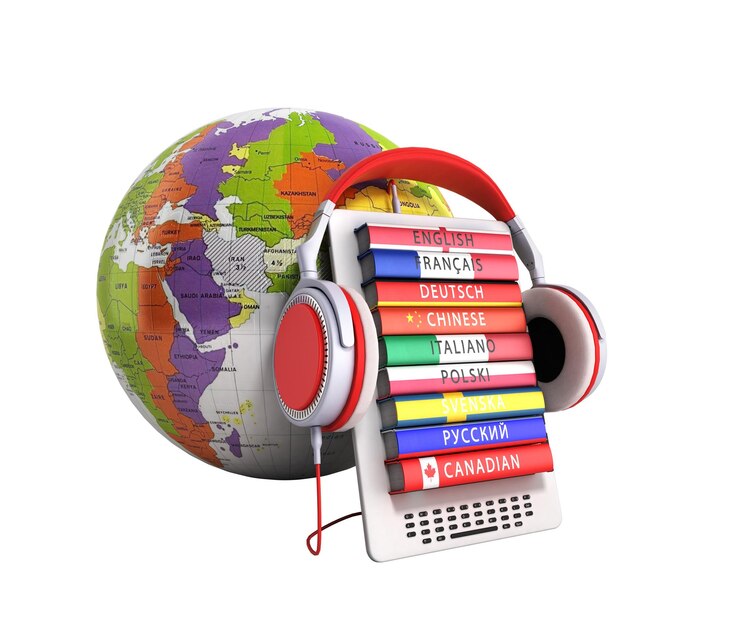Cultural Exchange and Understanding
In an increasingly interconnected world, the ability to understand and appreciate different cultures is essential. Language is a fundamental gateway to this understanding. Beyond mere communication, learning a new language opens the door to deeper insights into another culture’s values, traditions, and worldview. When individuals learn to speak the language of another group, they’re also learning how to think and interact in ways that reflect the nuances of that culture.
Language learning can also dismantle stereotypes and prejudices. By immersing oneself in a new linguistic and cultural environment, individuals are exposed to perspectives that challenge their assumptions, creating more empathetic and culturally aware global citizens. This is particularly important in regions where conflict or tension arises from cultural misunderstandings.
Career Advancements
In the global job market, bilingual or multilingual individuals are in high demand. Many industries, from diplomacy to hospitality to technology, require employees who can communicate with diverse groups. Multinational companies are particularly eager to hire individuals who can bridge the communication gap with partners and clients in different countries. For those looking to work with international organizations such as the United Nations, the ability to speak multiple languages is often a key requirement.
Moreover, learning a new language can also signal important soft skills to employers, such as adaptability, perseverance, and cultural intelligence. The effort to learn and master another language demonstrates an individual’s willingness to engage with the world and overcome challenges, traits highly valued in today’s competitive job market.
Technology and Language Learning
In the digital age, learning a language has never been more accessible. Gone are the days when language learning was confined to classrooms and textbooks. Today, mobile apps, online platforms, and interactive software provide flexible, user-friendly options for language learners of all levels. Platforms like Duolingo, Babbel, and Rosetta Stone have revolutionized language learning by making it possible for anyone with an internet connection to access lessons anytime, anywhere.
Additionally, these tools often employ gamification techniques, making the learning process more engaging and rewarding. With advanced AI, many of these platforms can also tailor lessons to individual learning styles, ensuring that users progress at their own pace. This democratization of language learning has opened up opportunities for people who may not have had the resources or time to attend formal classes.
Community Impacts
Language programs don’t just benefit individuals—they strengthen entire communities. In multicultural neighborhoods, language barriers can sometimes create division or misunderstanding. By encouraging community members to learn each other’s languages, these programs foster a spirit of inclusivity and mutual respect. Schools, community centers, and non-profits often run language exchange programs that bring people together, promoting unity through shared learning experiences.
These initiatives also support economic integration. For immigrants and refugees, language proficiency is often a key barrier to finding employment or accessing services. Community-based language programs can provide the skills they need to contribute fully to their new homes, helping them to become active, engaged members of society.

